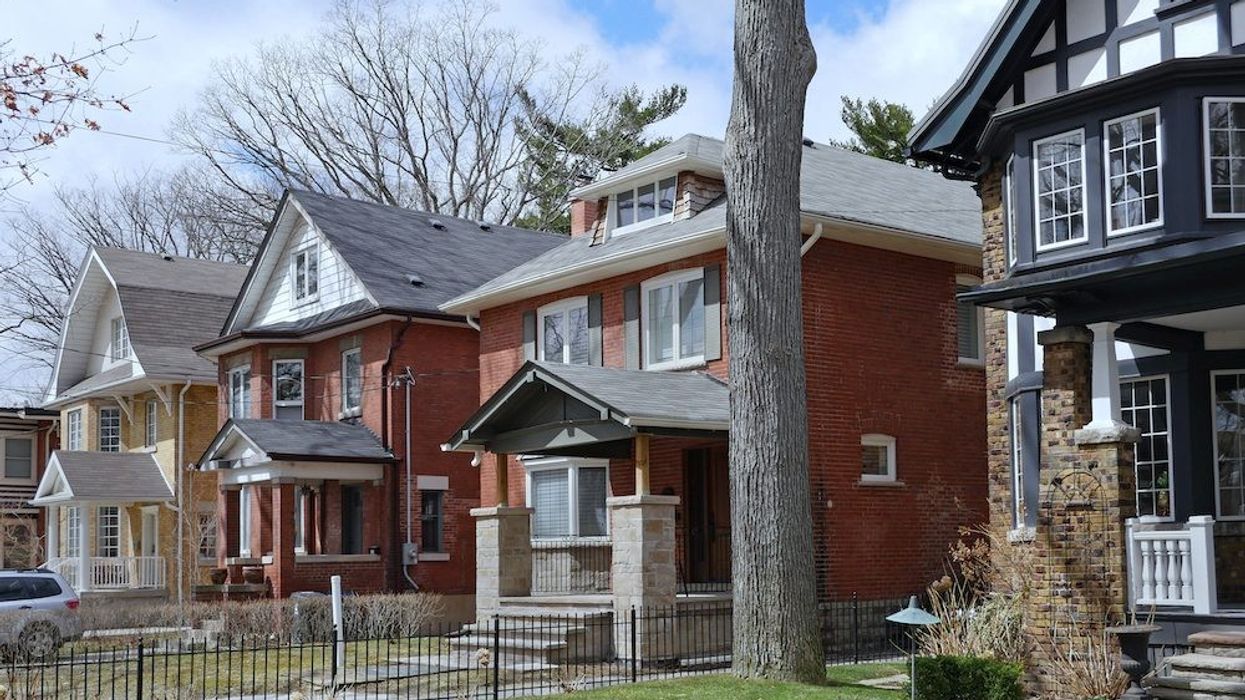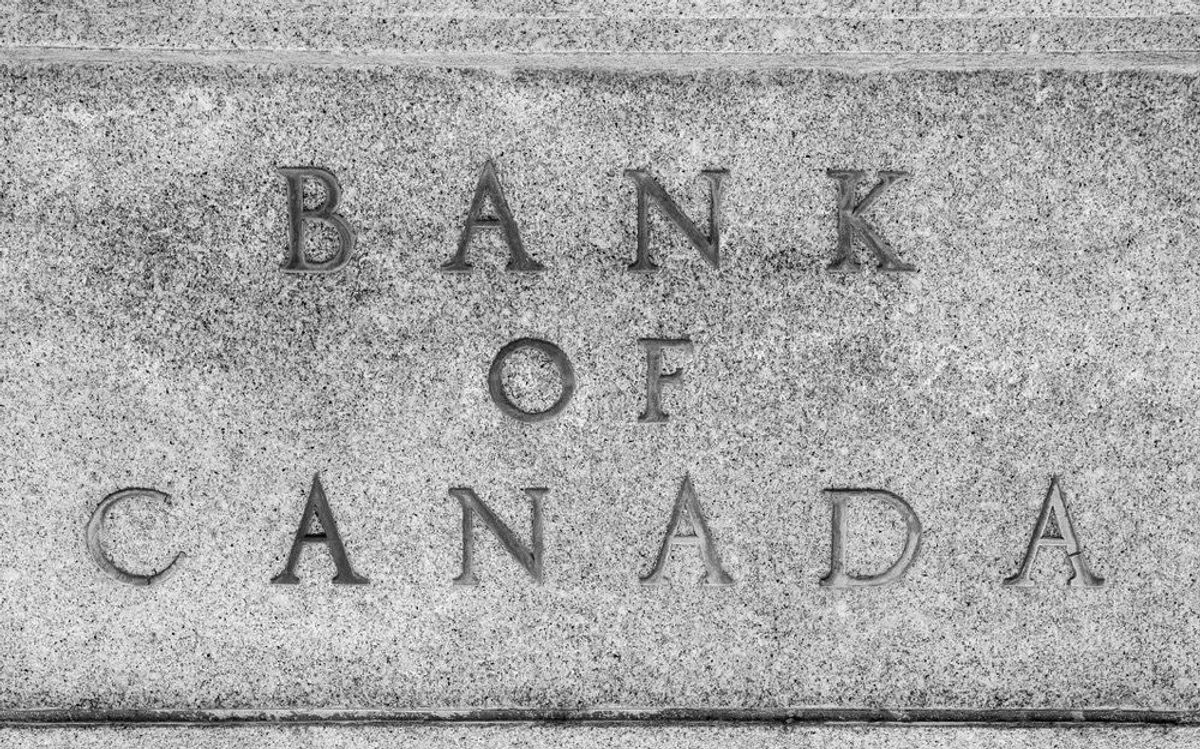A new forward-looking report posits just how today's uncertainty around taxation, interest rates, and the fluctuating economy may impact the housing market -- and the removal of Canadians' tax-sheltered capital gains on their primary residences was a topic of question.
Titled Unlocking the Future: 5 Year Housing Outlook, the report was produced in collaboration between RE/MAX, CIBC Capital Markets and the Conference Board of Canada. It reveals findings by a recent survey, conducted by Leger on behalf of RE/MAX Canada, that 78% of Canadians mentioned taxation, interest rates, economic recession, climate change, mixed housing, and/or public transportation as factors that cause them the most worry in their home-buying journey over the next five years.
READ: Yes, Canada Has a Housing Affordability Crisis. Is It the Federal Government's Fault?
But just how much could these factors move the needle in terms of housing affordability? And what measures could likely be put into place to address them?
A Capital Gains Tax Could Be Possible
That Canadian homeowners enjoy tax sheltering on the equity built up in their homes has long been sacrosanct - but could the federal government rescind its exemption on principal residence capital gains? The report suggests that it’s within the realm of possibility in light of billowing deficits and an overheated real estate market.
However, while the report noted that, in response to a white-hot real estate market, ad-hoc taxes like the foreign tax have been introduced, rescission of the capital gains exemption on primary residences would have a "profound" impact on the market.
“The primary homes of Canadians represent the greatest store of value for most homeowners and removing a significant portion of that value by eliminating the exemption could cool the market in profound ways,” says Jamie, Golombek, Managing Director of Tax and Estate Planning at CIBC. “While it theoretically will improve government coffers, it would be a blunt blow to the net worth of Canadian households, which in turn could dramatically swing the housing market from hot to cold.”
For starters, millions of Canadians’ "who plan to cash in on the full gains from the sale of their principal home to fund their retirement," would be upended.
Golombek goes on to suggest that should this, or a future, federal government choose to apply a capital gains tax on the sale of primary residences in the next five years, they would be wise to make it prorated based on the length of ownership or value to "soften the blow."
Inflation's Persistent Impact
If the Bank of Canada hikes interest rates four times through the year -- which Benjamin Tal, Managing Director and Deputy Chief Economist of CIBC Capital Markets, says is a healthy pace -- the housing market would be stable over the next half decade. But if inflation doesn’t ease, the central bank will have to raise rates every quarter to stabilize the economy and ensure employment remains strong. Unfortunately, housing would remain expensive for the next five years, although rapid price appreciation would see some deceleration compared to the last three years. Steady interest rate hikes also won’t affect mortgage borrowers too much.
But borrowers whose mortgages were originated in the last couple of years are at risk of higher rates in five years, Tal cautioned.
That's because the Bank of Canada’s inflationary target of 2.2% isn’t a given, and instead of four steady rate hikes per annum, the central bank could overcompensate with six annual increases. If such a scenario were to follow historical trends, Canada would enter a recession.
Canada’s inflation is 5.7%, the highest in 31 years, and an aggressive rate hiking campaign will be needed to normalize it, however, polling has shown that Canadians’ appetite for housing will decline in tandem with rising rates. Moreover, should the bank become very aggressive and raise rates twice per quarter, or eight times in a year, the economy would fall into disarray. Not only would housing demand would fall, but so would homeowners’ capacities to sustain the borrowing costs of their homes, Tal warned.
Today’s Immigrants Attain Homeownership Faster
Historically, immigrants to Canada took an average of seven years to become homeowners, but today it takes them half as long. That is good news for immigrants, as it indicates that they’re capable of participating in Canada’s economy faster than ever before. The authors of the report, however, have said that, while Canada brings in enough newcomers to sustain its economy, it isn’t choosing them wisely.
With a massive trades shortage looming, Canada’s housing shortage risks becoming even more pronounced. BuildForce Canada estimates 90,000 trades workers will retire in the next five to 10 years, and with Toronto’s current building boom shining a light on the trades shortage, it could worsen.
“Immigration produces significant benefits for the Canadian economy as a whole and helps meet the labour market needs of particular communities and sectors. Canada’s system excels at selecting immigrants who have a high likelihood of long-term economic success. However, the system could improve by selecting more immigrants to fit specific, chronic labour market needs. In particular, a focus on immigrants with skills in the trades and construction could help address severe labour shortages that limit housing supply,” says Iain Reeve, Associate Director, Immigration Research, Conference Board of Canada. Research.





















